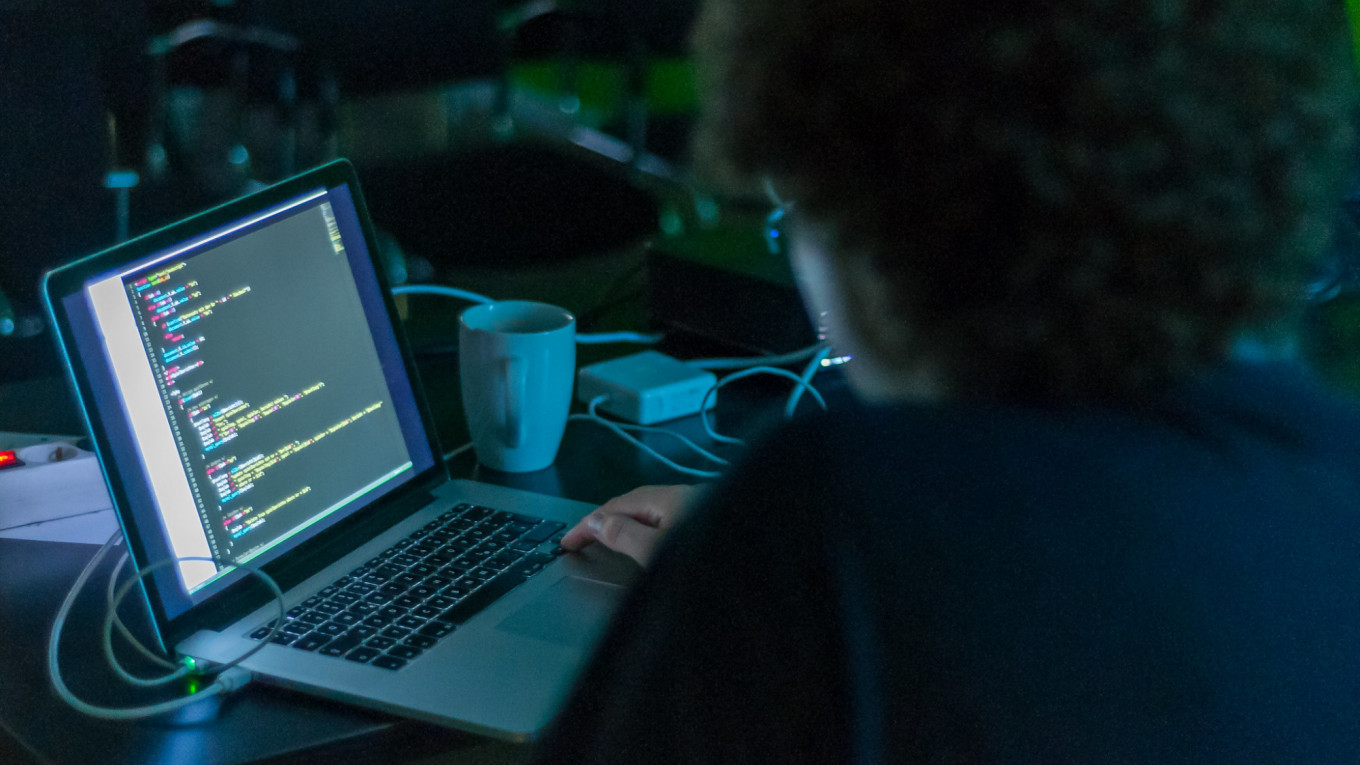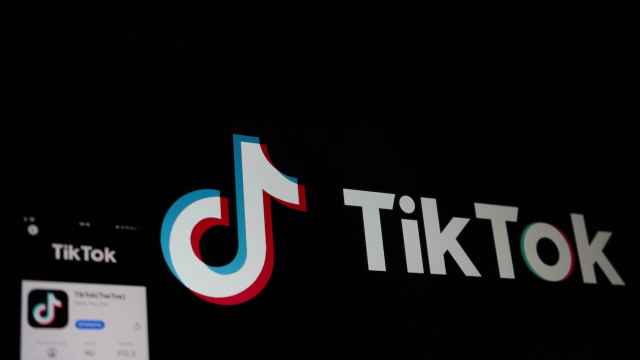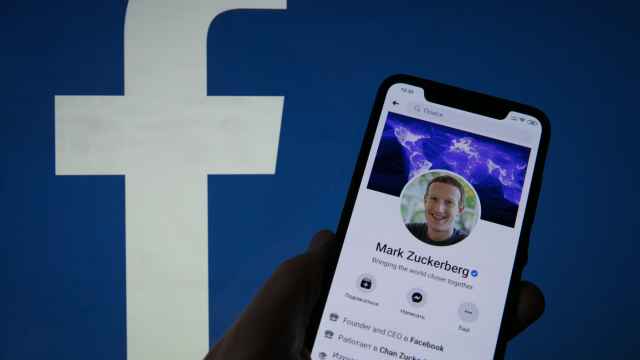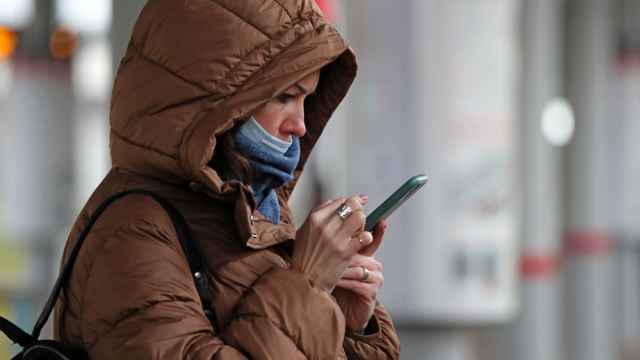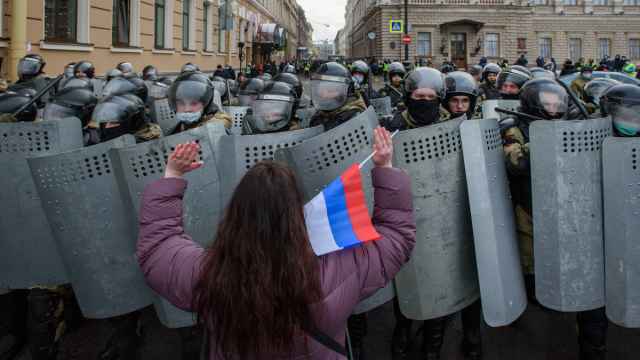The impact of Russian trolls on U.S. voters may have been exaggerated, according to a preliminary U.S. study of Twitter interactions with troll accounts published Monday.
U.S. intelligence agencies have concluded that the Kremlin used social media to interfere in the 2016 presidential election through disinformation and other tactics. Calls for research to measure the impact of Russian online meddling have become widespread in the wake of the U.S. election and the Brexit referendum.
The latest study looked at the political attitudes and behaviors of Republican and Democratic users who mentioned, followed, liked or retweeted accounts that Twitter had linked to Russian troll farms.
The team of Duke University researchers said it found no evidence that interacting with trolls over a one-month period in late 2017 influenced the users’ politics or behavior. Moreover, they found that the Russian trolls “might have failed to sow discord because they mostly interacted with those who were already highly polarized.”
“These results suggest Americans may not be easily susceptible to online influence campaigns,” said the authors of the study published in the Proceedings of the National Academy of Sciences journal.
However, they warned that their research doesn’t definitively answer whether Russian bots impacted the 2016 presidential election, “which is widely regarded as a critical juncture for misinformation campaigns.”
“It is also possible that the Russian government’s campaign has evolved to become more impactful since the late-2017 period upon which we focused,” said the authors.
Additionally, they pointed to the focus on Twitter, Democrats and Republicans and a set of limited set of political and behavioral outcomes as “important” limits on their research.
“Even though we find no evidence that Russian trolls polarized the political attitudes and behaviors of partisan Twitter users in late 2017, these null effects should not diminish concern about foreign influence campaigns on social media.”
The Russian government has denied deploying so-called troll farms to meddle in U.S. domestic affairs.
U.S. Special Counsel Robert Mueller charged 13 Russians and three companies last year for allegedly carrying out a sophisticated, years-long conspiracy to meddle in the 2016 election.
U.S. lawmakers are attempting to pass a bill this year to prevent further foreign interference through sanctions ahead of the 2020 presidential election.
A Message from The Moscow Times:
Dear readers,
We are facing unprecedented challenges. Russia's Prosecutor General's Office has designated The Moscow Times as an "undesirable" organization, criminalizing our work and putting our staff at risk of prosecution. This follows our earlier unjust labeling as a "foreign agent."
These actions are direct attempts to silence independent journalism in Russia. The authorities claim our work "discredits the decisions of the Russian leadership." We see things differently: we strive to provide accurate, unbiased reporting on Russia.
We, the journalists of The Moscow Times, refuse to be silenced. But to continue our work, we need your help.
Your support, no matter how small, makes a world of difference. If you can, please support us monthly starting from just $2. It's quick to set up, and every contribution makes a significant impact.
By supporting The Moscow Times, you're defending open, independent journalism in the face of repression. Thank you for standing with us.
Remind me later.


